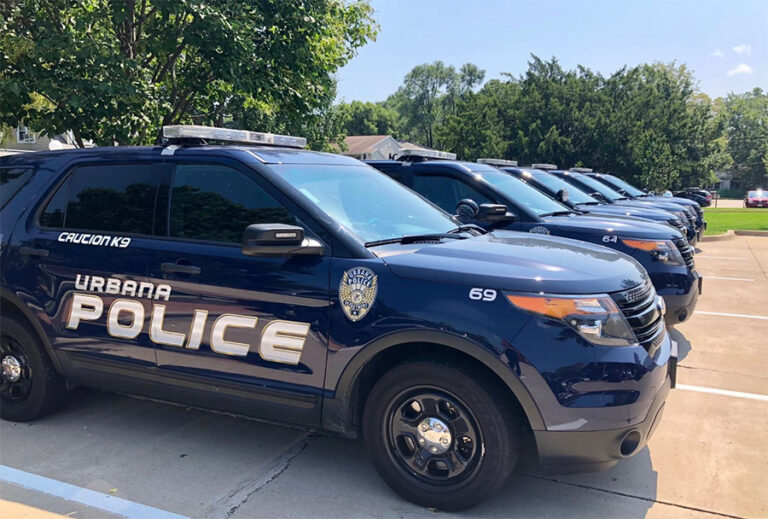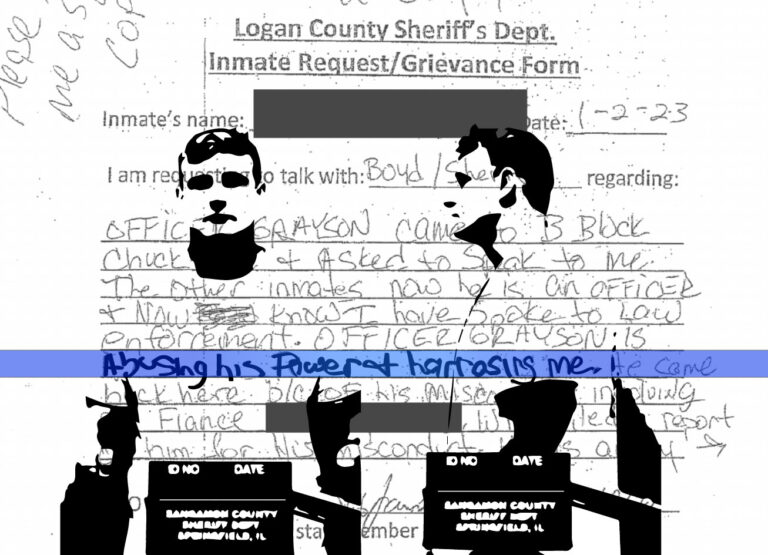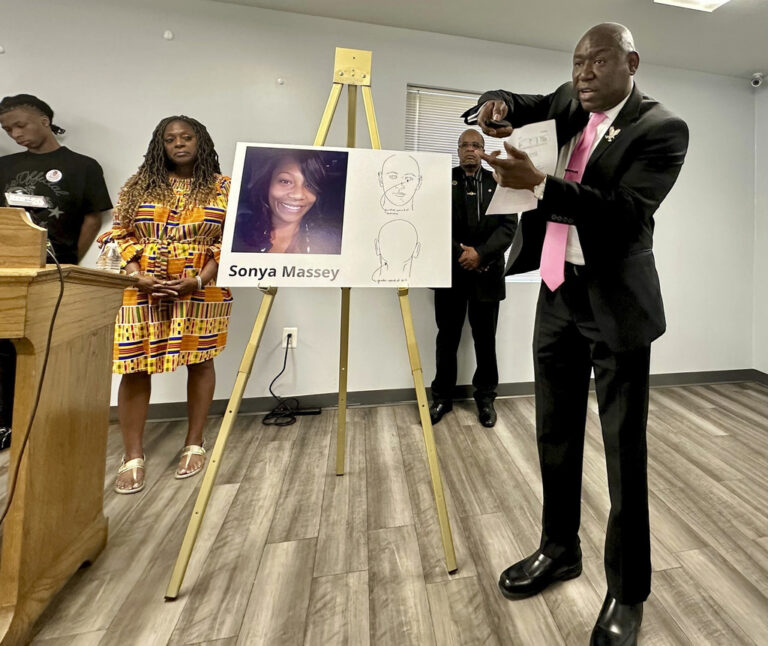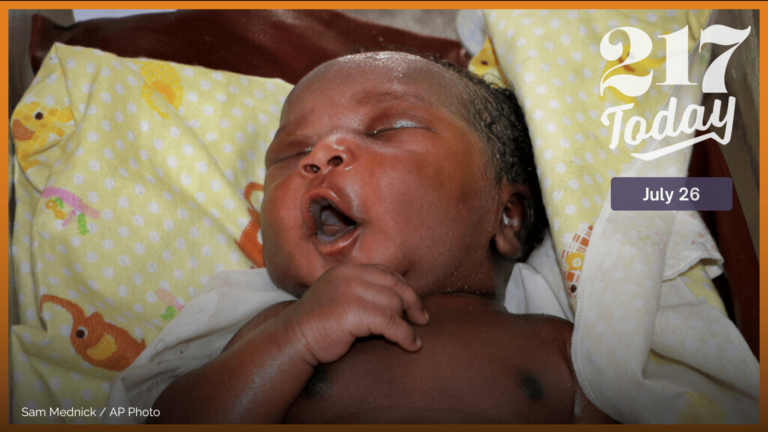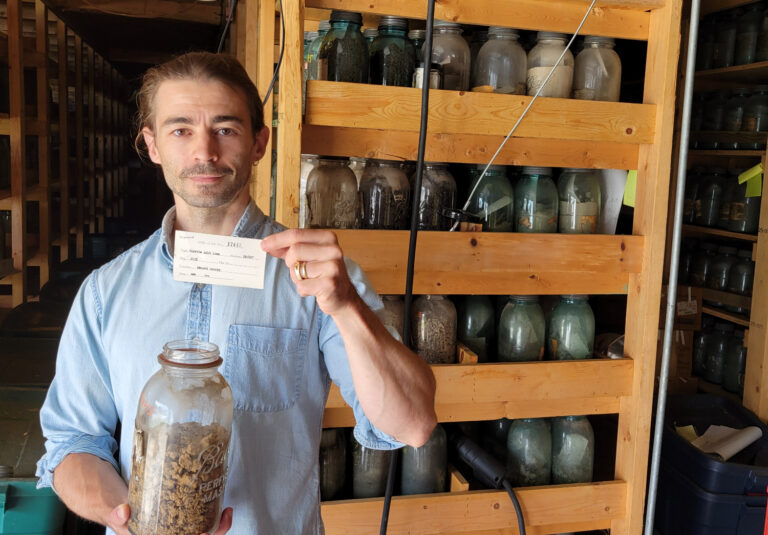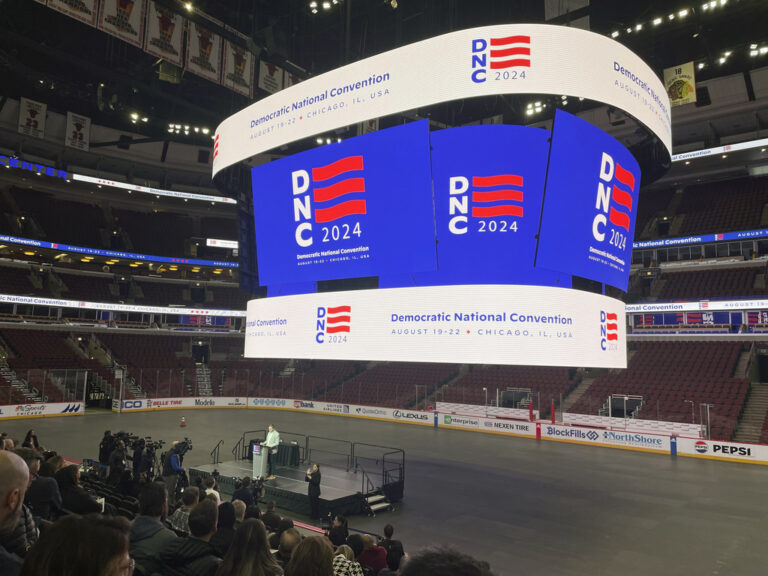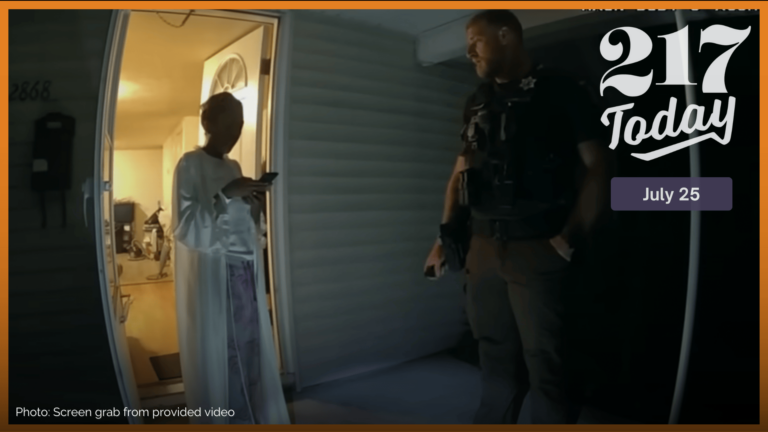URBANA — The Urbana Police Department hired a national consulting firm this year to evaluate how the department works, including how — and if — officers should handle certain types of calls for service.
The firm, BerryDunn, has worked with police departments throughout the U.S. to evaluate their processes and offer recommendations.
One consideration is whether Urbana Police should hire other types of professionals to help respond to calls pertaining to things police are not specifically trained in. The firm has begun seeking input from Urbana residents.
Roughly 10 people came to a community meeting hosted by the consulting firm Wednesday night, including Jane McClintock, a lifelong Urbana resident. She said she’d like to see more non-sworn personnel respond to calls, citing instances like mental health events or domestic violence where specialized knowledge is crucial.
“We’d really like people that have expertise,” McClintock said. “So for a mental health event, having somebody that has training in mental health, or for… domestic violence, to have somebody there that knows about domestic violence.”
In many cases, police departments can’t keep up with all the calls for service, said Michele Weinzetl, BerryDunn’s law enforcement consultant.
“We’re coming to understand that police departments may have taken on responsibilities that aren’t necessarily best suited for police response,” Weinzetl said. “In some cases, it may be that the police shouldn’t go to it at all.”
Many police departments are dealing with unprecedented vacancy rates and tightening budgets, which cause them to struggle to keep up with call-for-service workloads, according to BerryDunn’s website.
However, the Urbana Police Department’s budget has been increasing steadily each year — rising over $2.5 million between 2021 and estimates for 2023.
Some residents feel they’re being brought in too late
Some Urbana residents would have liked to have been more involved in the process of coming up with alternatives for the Urbana Police Department to consider, said Chris Evans, an Urbana City Council member.
At a meeting last week, Urbana Police Chief Larry Boone told residents he’d like to hire 15 more police officers. The announcement came weeks before BerryDunn’s staffing report, which will include recommendations for hiring, is scheduled to come out.
That timeline proves, Evans said, the department is not actually planning on seriously considering residents’ input.
“I feel that the game is rigged and you’ve already made your decision on how many staff,” Evans said. “These aren’t options. We’ve just been going through the motions.”
Urbana Police considerations are part of a national trend in reforming calls for service
In 2020, the city of Albuquerque created the Albuquerque Community Safety Department to help answer calls related to inebriation, homelessness, addiction, and mental health. Instead of sending police officers, the department sends trained professionals, including social workers, housing, and homelessness specialists, violence prevention and diversion experts, to respond to calls for service related to those issues.
In the same year, Seattle contracted with the National Institute for Criminal Justice Reform to identify which types of calls could be handled without police. The Institute’s analysis proposed that 49% of call types currently responded to by police officers could be responded to by non-sworn personnel.
Urbana resident Giovanna Dibenedetto said she believes more community members could be used to respond to many calls that police get related to domestic violence or mental health crises.
This idea, she said, could help people re-invest in the Urbana community.
“It’s not always going to be safe, and it’s obviously just floating an idea,” Dibenedetto said. “But I think then we’re invested in our community. Can you imagine the difference? Can you imagine what Urbana would look like then?”
Farrah Anderson is an investigative reporting fellow with the Invisible Institute and Illinois Public Media, and a journalism student at the University of Illinois. Follow her on Twitter @farrahsoa.

